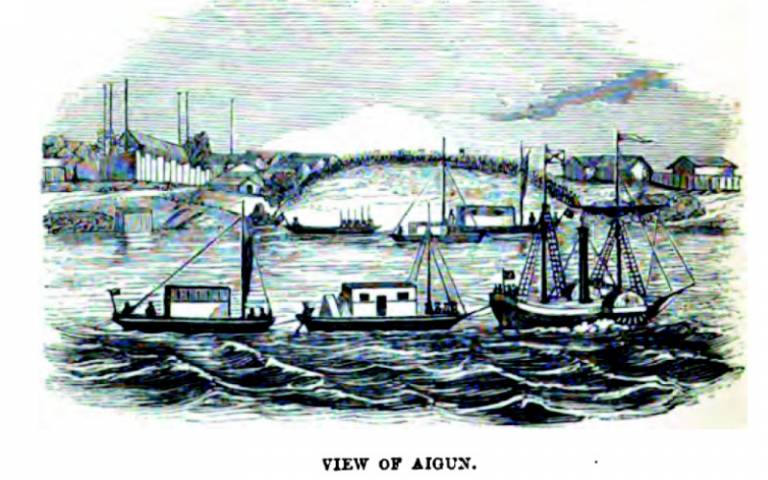The historical construction of Russian identity in relation to China
27 January 2020, 1:00 pm–2:00 pm

This event is part of the SSEES Research Student Seminar Series. Join us to hear SSEES research students discuss their projects. On the 27th January, Andreea Rujan
This event is free.
Event Information
Open to
- All
Availability
- Yes
Cost
- Free
Organiser
-
SSEES
Location
-
Masaryk RoomSSEES16 Taviton StreetLondonWC1H 0BW
Traditionally and historically, Russian identity was constructed in relation to the Western Other. Since Peter the Great, Europe was seen as the standard against which Russian leaders and intellectuals compared the development of their own country. Especially since the collapse of the USSR, most scholars of Russian identity treated the West as Russia’s Other, neglecting the fact that identities are built in relation to multiple Others, and discounting their influence on Russian identity. This research project will fill this academic gap and examine Russian national identity from a different perspective, analysing how the Chinese Other is affecting Russian perceptions, self-image, and foreign policy. While the overall research project is aiming to reveal how China influences contemporary Russian, elite-constructed identity, it is important to first answer questions such as: What were Russian views of China throughout the centuries? How was Russian identity constructed in relation to China historically?
This presentation will be focusing on one thesis chapter, analysing the historical construction of Russian identity in relation to China, beginning with the seventeenth century, through the tsarist and Soviet periods, up until the present day. An analysis of writings from the tsarist era reveals that Russia saw China as an arena where it could flaunt its Great Power status. During the Soviet era, the ideological glue of Marxism-Leninism helped build an increasingly close relationship with the Chinese communists, which collapsed with the Sino-Soviet split. The final years of the Soviet Union saw an improvement in Sino-Soviet relations, which paved the way for the increasingly closer ties between Russia and China throughout the 1990s and 2000s, peaking with the 2014 pivot to the East.
About the Speaker
Andreea Rujan
PhD candidate at UCL SSEES
Andreea Rujan is a second-year PhD student at SSEES, supervised by Dr. Peter Duncan and Dr. Ben Noble.
 Close
Close

